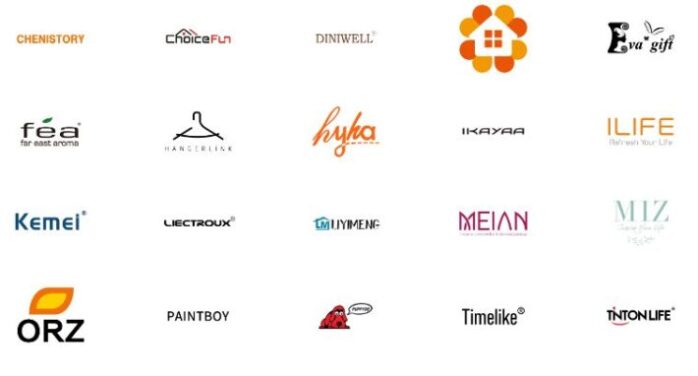
When you decide to make a business plan, many different factors could influence your brand. That is what gets you noticed in the first place and also reminds people of who you are, what you offer, and how good you are. A successful brand is instantly recognizable. Think of McDonald’s, and you may have already started whistling their famous jingle. You’ll also be picturing the golden arches. Whether you like the company or not, you certainly cannot deny that they do a brilliant job when it comes to marketing and that their brand is a solid one.
Please continue reading for our advice on how you can build a successful brand for your new business venture.
1. Determine your Target Audience

When you start a business, it is vital to define exactly who your target audience is. For those who offer products aimed at parents, that is a good start. However, when it comes down to the nitty-gritty, precisely what type of parents are you trying to attract? Is it those who have money to throw at every problem or those who need a little more support to do an excellent job of what is essentially a thankless task? There are so many options, but narrowing it down to precisely whom you wish to appeal to is well worth it. You can create your marketing plan in a much more precise manner.
2. Consistency

Portraying yourself as a specific brand on a social media platform while being completely different in real life will not work. It is imperative to be consistent on all platforms: social media, networking, in person, and so on. Even little things that may seem insignificant, such as having the same profile picture for all social media accounts, can make a big difference. User names are also crucial. If you are searching for some business firm on Facebook, yet it is called differently on Instagram, you might wonder whether or not it is the same firm or two different businesses with similar names doing similar things.
3. Language

The language you choose to use in the information contained on your website, in information boxes, in advertising campaigns, and across social media should all portray the same message. If you wish your brand to be slightly quirky, the words you choose to use should reflect this. For those businesses that aim at establishing themselves as formal, again, the language should also be standard English. If you wish to inject a bit of humor into things, that is great, but avoid upsetting anyone. Vulgar language may appeal to a specific type of person, but this can be hugely off-putting for potential clients as it lacks professionalism.
4. Advertising

Many people use cars with their logo and contact details, whereas others choose garments with custom embroidery (check here) to get their name out there and become memorable. Social media advertising is another option. Paying to reach to a broader audience can work in some cases, but if reaching to those extra people does not work as planned, it is potentially wasted money.
5. Unique Selling Point

When building your brand, you must be aware of your unique selling point (USP). Part of doing so is knowing your competition. For smaller, local businesses, this means having a sound awareness of other people who offer the same or similar service or product to you. It would be best if you focused on why the potential customers should choose you over people they have worked with before. Establishing a clear USP means that you can proudly explain how you are better than the others and exactly what you have to offer.
6. Making a Name for Yourself

Establishing yourself both with potential clients and other local businesses is crucial if you want to succeed in building a well-known brand. Hosting events either in person or virtual ones via social media can work well providing you know your audience well. Taking part in locally organized networking events is another good idea. There are many of those out there, and you need to find out what will work best and who else will be attending. Social media can be another great place to network with other like-minded people, and there are many hashtags on Twitter, for example. Local areas often have their hours, #norfolkhour, for instance.
7. Encourage Feedback

Word of mouth is an excellent way to gain new business leads, but it is not something that you can rely on exclusively. Encouraging your satisfied customers to leave reviews and testimonials on social media as well as other sites, TripAdvisor, for example, is well worth doing. Once those reviews are in, don’t expect them to reach potential clients by osmosis. Take screenshots and share them with overall social media platforms. Selling yourself can be challenging, but this feedback is genuine responses to your work, and people like to hear from a business’ clientele rather than merely the business themselves.
8. Professionalism

Everyone makes mistakes. It happens, and people will complain. If someone makes a complaint or leaves a negative review on Facebook, for example, it is vitally important that you respond professionally. Of course, feel free to establish the exact circumstances around the incident, but refrain from arguing and backbiting. If someone is persistent in trying to get a reply from you, block them from continuing to comment and move on. Aside from social media, it is crucial to maintain a level of professionalism when you are representing your business. If you are driving a car with advertising logos, be sure to drive carefully and not be tempted to swear at bad drivers. Likewise, if your clothing has your business’ logo on, mind your language, and do not discuss sensitive issues in front of others.











